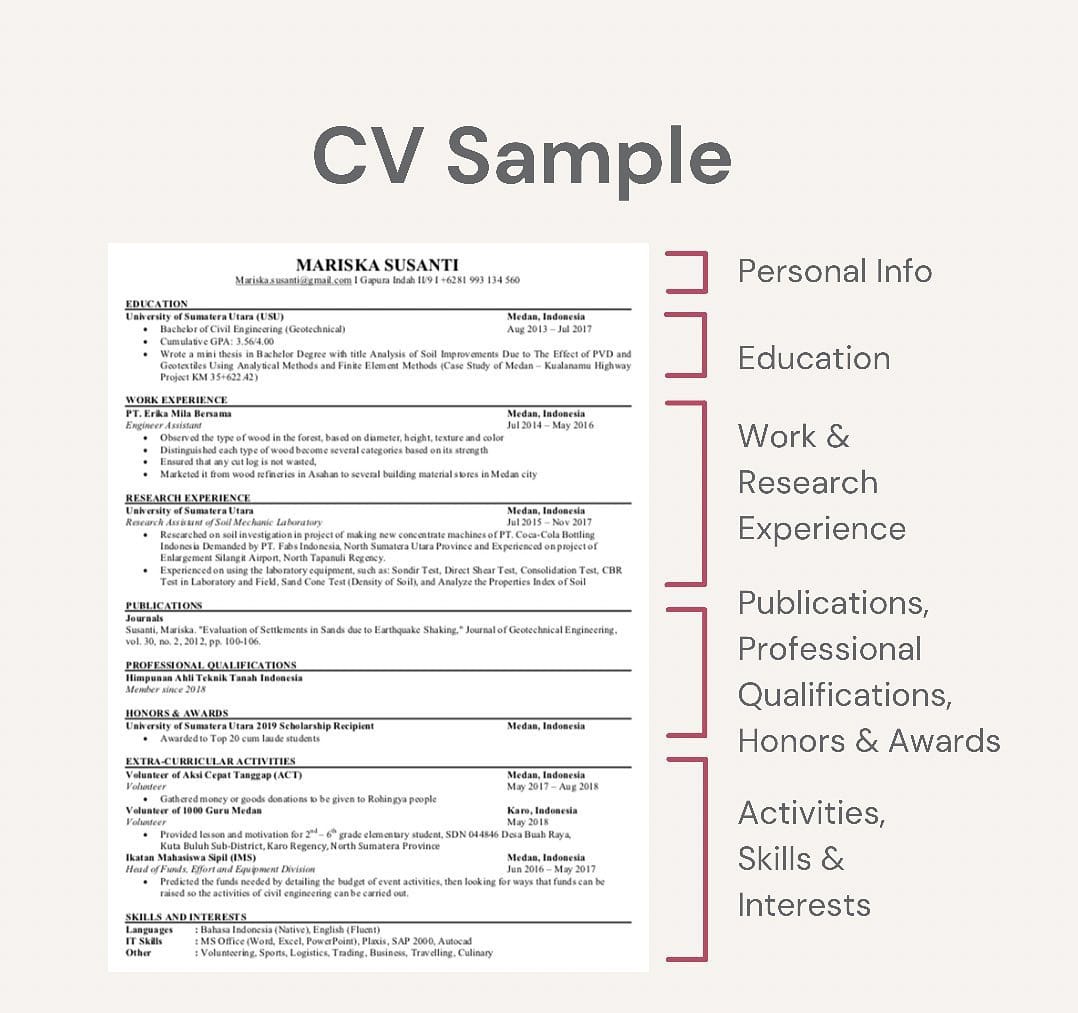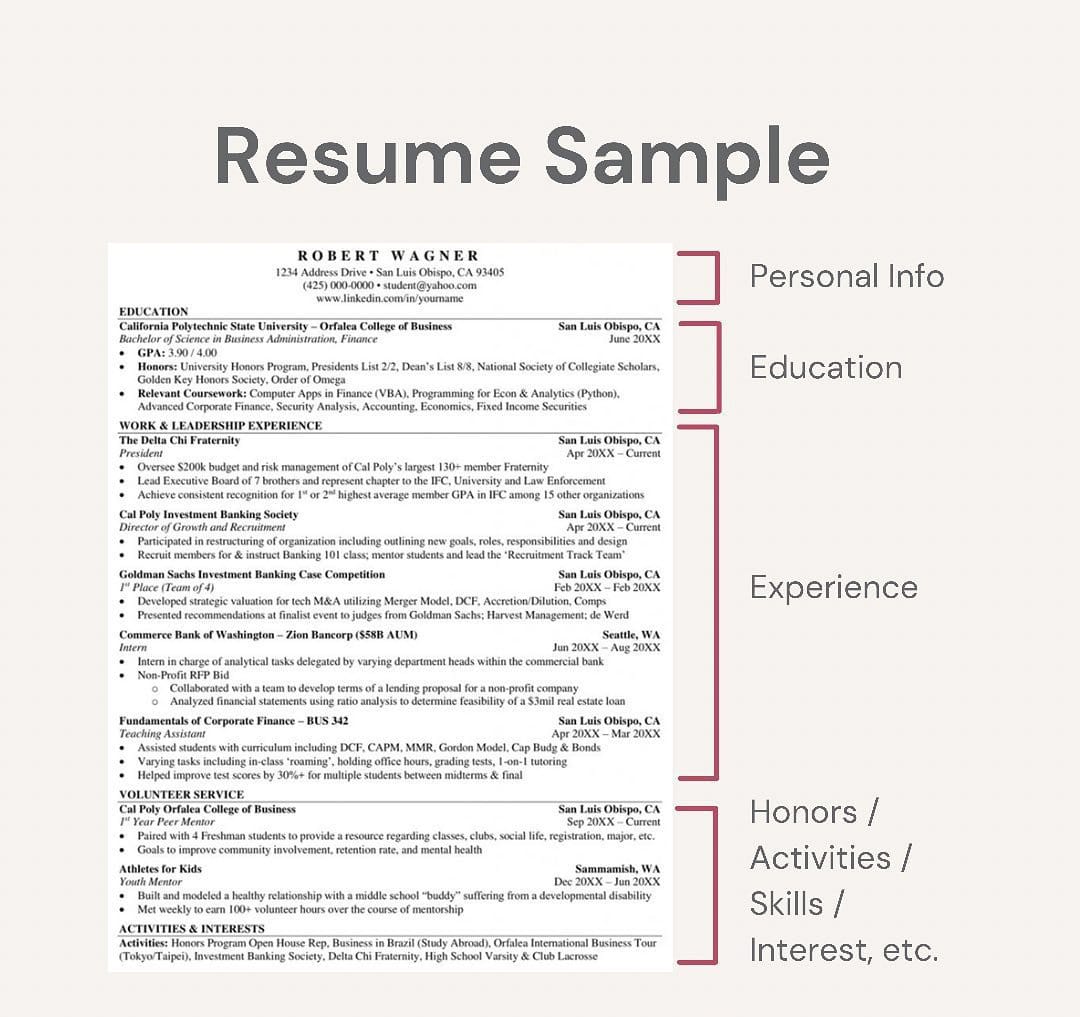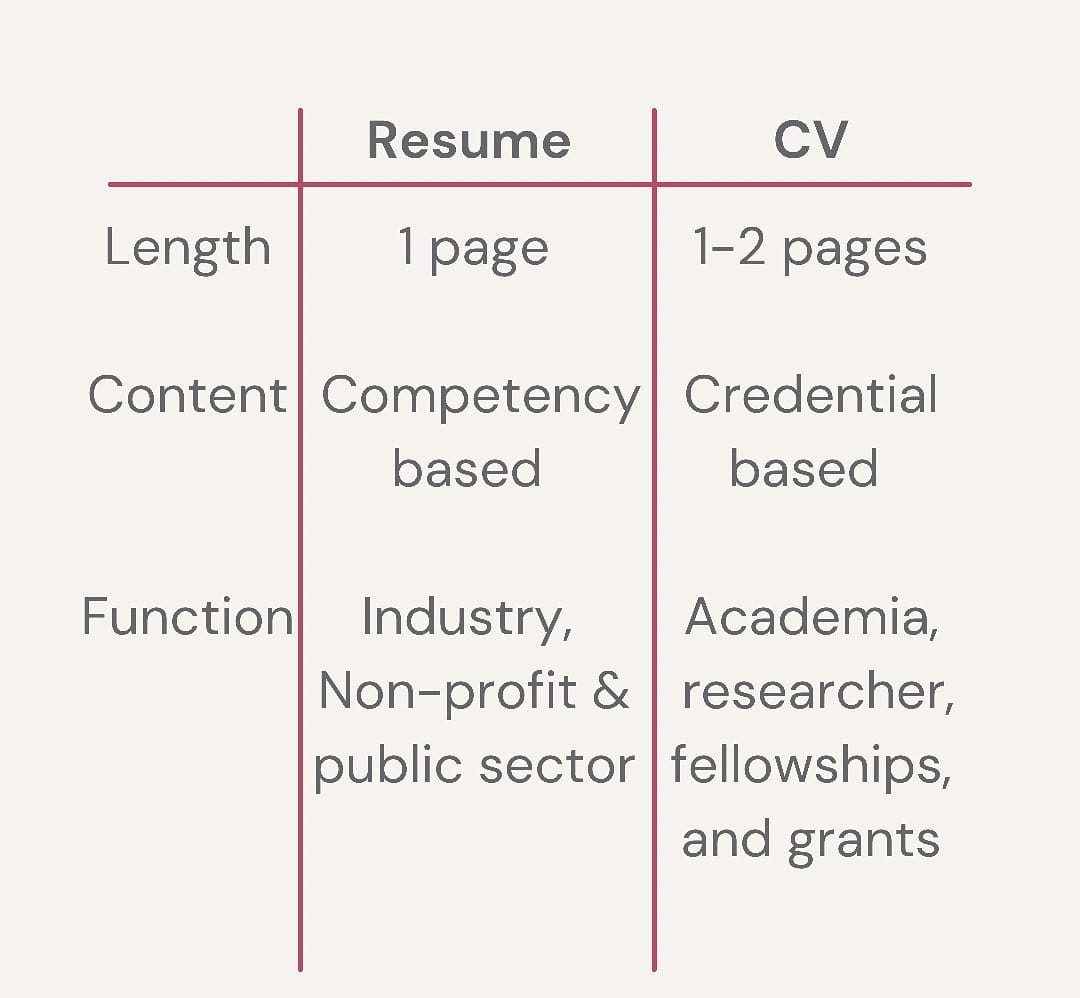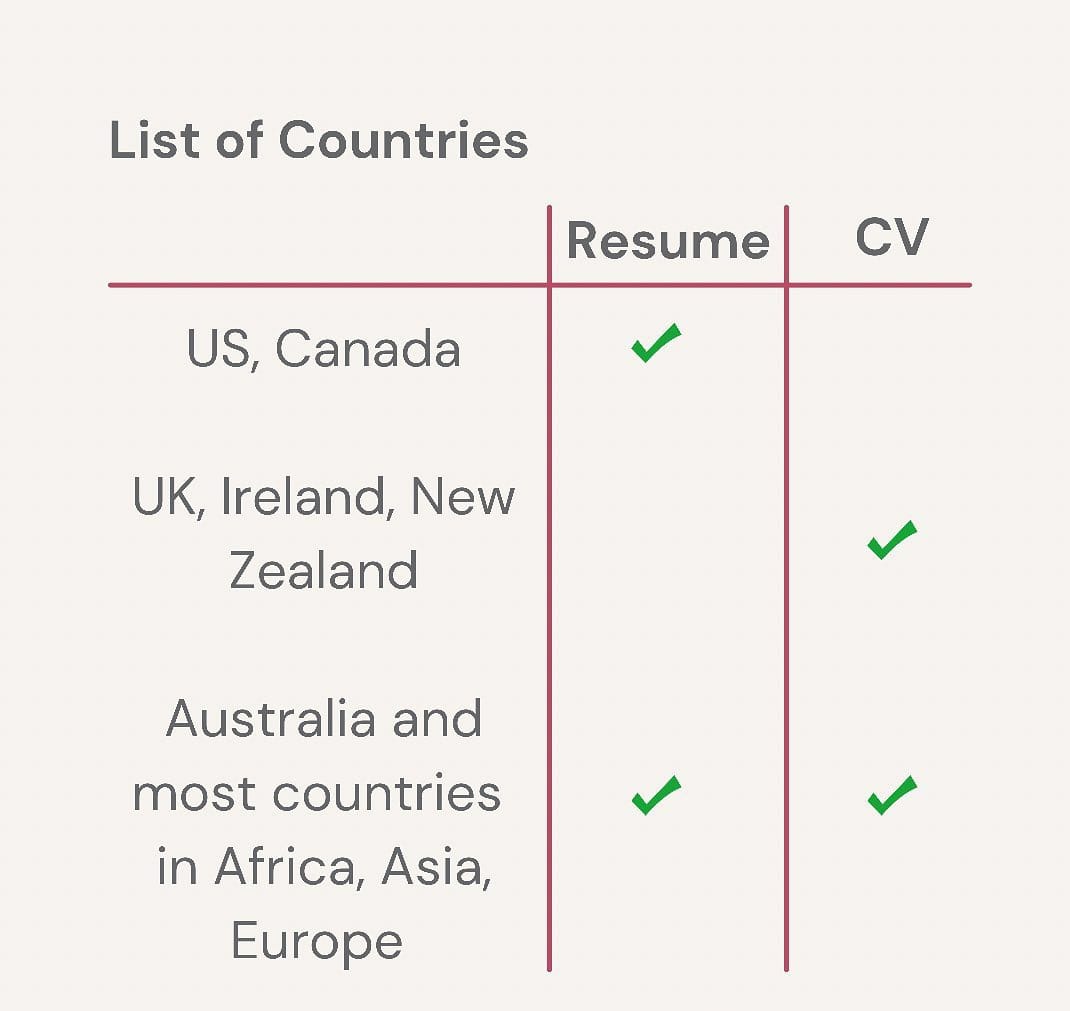What is the difference between CV and resume? Is there any difference? Or we can use it interchangeably? What differentiates between CV and Resume? Let start off by defining, or rather explaining both the resume and a CV.
A resume is a short, straight-to-the point, document created for the purpose of applying to a specific job. While a CV is a very in-depth document that describes your career journey step-by-step, including all sorts of your work experience.
When it comes to Americans, they use only resume. When it comes to British, they use only CV. In Australia, people use both resume and CV. In India, both resume and CV are used.
Both documents (CV and Resume) are important when it comes to job application, but they serve different purpose.
When you’re talking about a resume, a resume is a shorter version of a CV. What you’ll find with a resume, you emphasize more of your achievements as opposed to a CV which can be lengthy and includes all the information about the jobs, the qualifications, and the experiences that you’ve had.
So mostly you’ll find a CV may be an ideal CV, especially if you’re someone who has experience, let’s say you’ve worked for over four years and above, you’ll find a CV can be three or four pages. Whereas a resume, it should be quite brief and to the point. So it’s always recommended for a resume not to go beyond two pages.
In Africa, you’ll find mostly what’s applicable, majority of the HR managers, employers, recruiters will require a CV from you. The wrong format. On the other side, in the Western world, most of them you go for a resume.
Here an employer would want to get to know you in detail, which is more of a practice because it’s not something which is written somewhere that you have to send a CV, but you find over time that is what majority of the employers have adopted.
However, it doesn’t mean you can’t send a resume, but it’s good to have that at the back of your mind. There are so many changes in job search, for example, nowadays we even talk about an ATS CV. A lot of employers would also require you to fill a form as opposed to you even applying directly. Those are just some of the things to have in mind.
CV and Resume Sample Template
When to use a Resume and when to use a CV
- Use a Resume when you are highly experienced
If you’re an experienced professional and you have a track record, then a resume would be more applicable than a CV. Why? Because you build a profile, you do have achievements, right. For example, let’s say you are working as a Chief Accountant, it goes without saying that whoever is looking to hire a Chief Accountant, if that’s the job title you’re applying, they more or less have an idea of who a Chief Accountant is.
Briefly, what is required of you in a resume is for you to summarize what were you doing as a Chief Accountant, your major responsibilities. No more than three sentences and in a paragraph form. Then what you then highlight are more of achievements, and you can indicate three or four as opposed to a CV where it will be heavy on the job description, on the tasks that you used to perform, and then you don’t have one or two achievements.
Also, there are also employers who are quite specific. Some will ask for a resume and some will ask for a CV. If you encounter one who’s asking for a resume, it goes without saying that you’ve got to use a resume.
- Use a CV when you have less experience
If you’re starting in your career and you don’t have much to show in terms of experience or let’s say you are really not experienced, then is preferable you use the CV because then you’ll be able to capture your experience in a broader way and someone can be able to pick on the transferable skills.
Difference Between a CV and a Resume (Sample Template)
In summary
Difference Between CV and RESUME
A difference is in the size, which means the length of the resume or CV. Resume generally is over one or two pages maximum, whereas CV goes beyond two pages.
Another major difference is in the purpose. Resume is a whole sum of your career, which means a summary of your career so far, does not mean you miss out some of the experiences, some of the great qualities. You don’t miss out that, yet it is just the summary of your entire career so far.
Whereas in CV, you mentioned, all the responsibilities, what all you have done, your achievements in detail.
If you want to be really sure of what to use, resume or CV, if you are into academic profession or you are into research or you are applying for scholarship, you should use CV or else, resume works wonderfully in all sorts of jobs.
Among the key differences between a resume and a curriculum vitae, or CV, include the document’s length, its contents and purpose. However, most employers in English-speaking countries now prefer resumes, while employment seekers in continental Europe favor the CV format.



